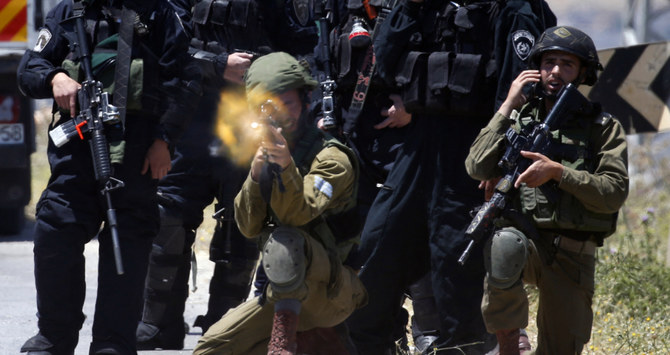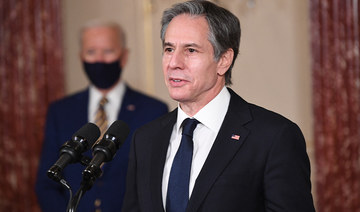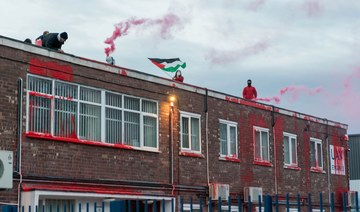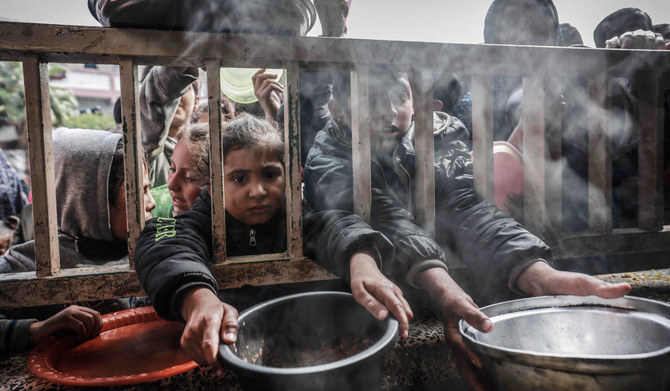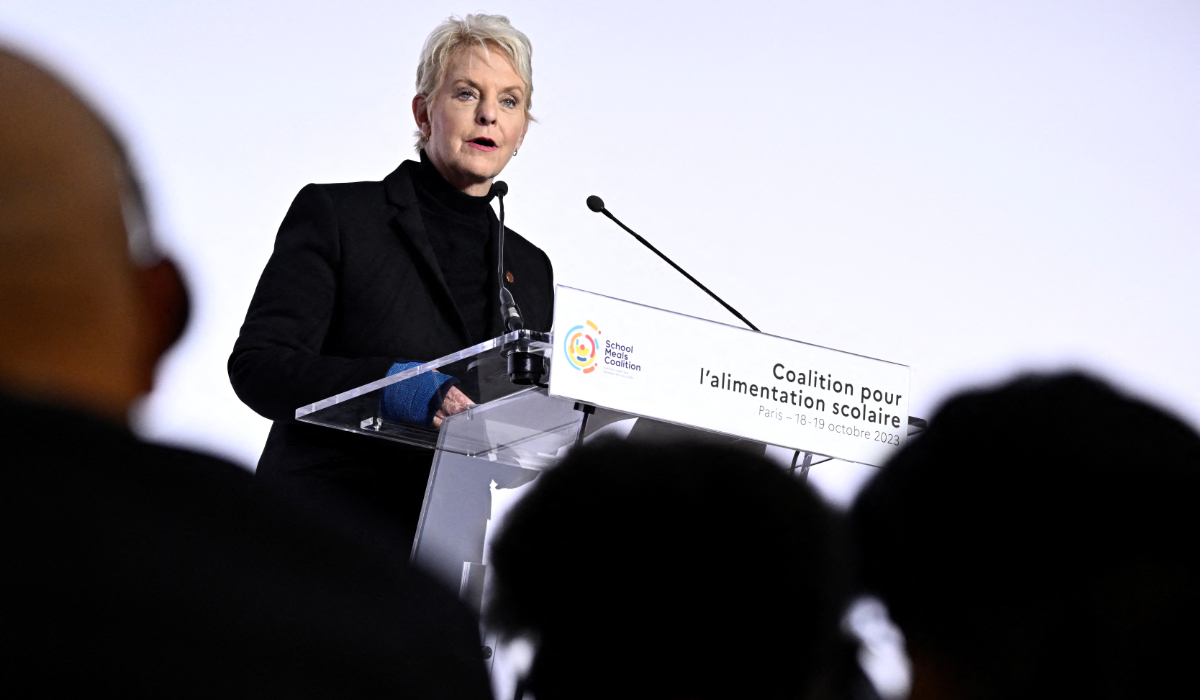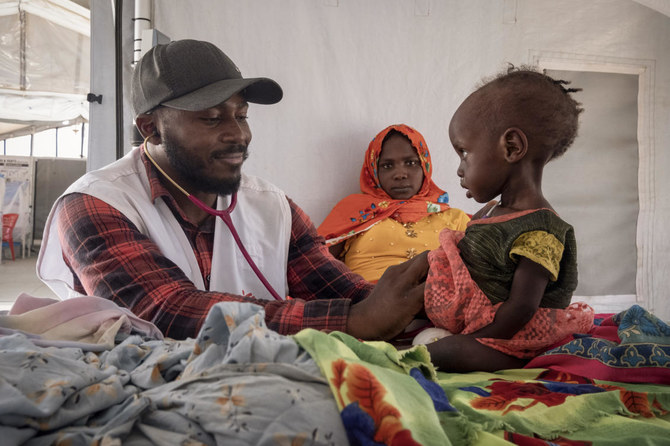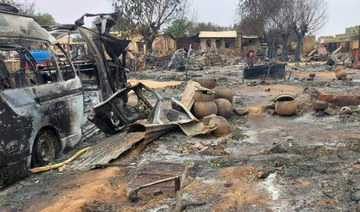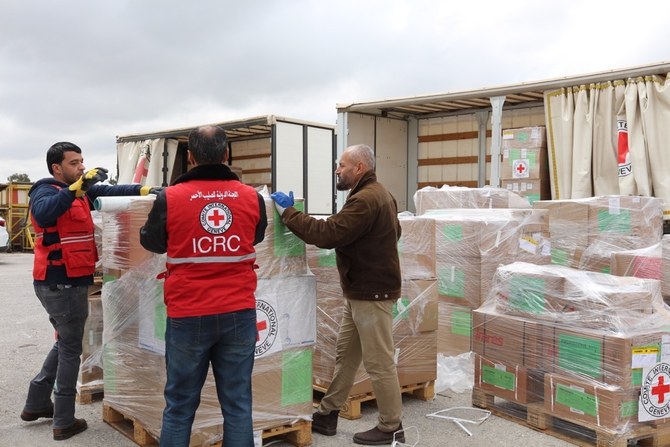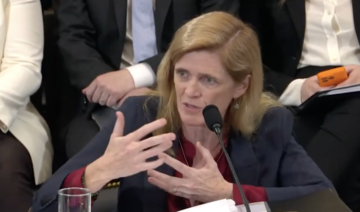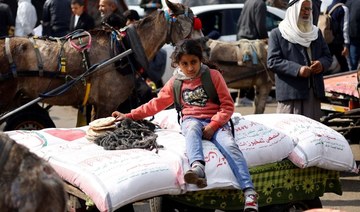Officials representing leading human rights groups on Thursday urged US President Joe Biden to remove sanctions imposed by his predecessor against International Criminal Court (ICC) officials, arguing war crimes committed by Israel against Palestinians must be investigated.
The ICC was created in 2002 based on the principles of the Rome Statute drawn up by the United Nations in 1998, and on legal precedents defined during the Nuremberg Trials after Second World War which prosecuted Nazi war crimes.
Although 123 nations have joined the ICC, more than 40 countries including the US and Israel, which originally supported the Rome Statutes, refuse to join and reject the ICC’s authority because of investigations into Israel’s military policies.
Katherine Gallagher, a senior staff attorney for the Center for Constitutional Rights, and other human rights activists from around the world took part in a webinar panel on Thursday. The forum was hosted by the Foundation for Middle East Peace and its president, Lara Friedman.
“What we saw (Wednesday) in the UN Human Rights Council in Geneva is the US expressing its intention to rejoin,” said Dr. Michael Kearney, a legal researcher for Al-Haq, the Palestinian human rights agency based in Ramallah.
“But it is doing so on the condition that Palestine is removed from the agenda of the Human Rights Council. We have to be cautious about what the US is basing that re-engagement.”
Former US President Donald Trump withdrew the US from the council in 2018. Biden’s Secretary of State Antony Blinken told the Human Rights Council in Geneva on Wednesday the US would seek re-election to the council in 2022. He said probes into Syria and North Korea along with preserving LGBTQI rights and combating racism should be priorities.
“The Human Rights Council must support those fighting against injustice and tyranny,” Blinken said.
“We acknowledge the challenges at the Council as well, including unacceptable bias against Israel and membership rules that allow countries with atrocious human rights records to occupy seats they do not merit.”
The sanctions imposed on the ICC by Trump and mixed signals from the Biden administration have not dissuaded the organization from investigating allegations of Israeli war crimes in Palestine.
On Feb. 5, the ICC “pre-trial chamber” found that “the court’s territorial jurisdiction in the situation in Palestine, a state party to the ICC Rome Statute, extends to the territories occupied by Israel since 1967, namely Gaza and the West Bank, including East Jerusalem.”
This ruling opened the door for investigations into alleged war crimes perpetrated by “members of the Israeli Defense Forces, Israeli authorities, Hamas, and Palestinian armed groups,” Friedman said.
The panelists agreed that Israel has engaged in political policies to deny Palestine of any protected rights under ICC authority.
The ICC decision to move forward in its investigation came despite threats from the Trump administration, former Secretary of State Michael Pompeo and former US Ambassador to the UN John Bolton. Trump issued an executive order imposing sanctions against top ICC officials, along with individuals and corporate entities assisting the ICC probe.
Yael Stein, a research director at the Israeli Information Center for Human Rights (B’Tselem), argued that Israel has created a sophisticated legal system to confuse the international rule of law as it applies to the actions of Israeli soldiers.
“Israel claims that it will investigate itself,” Stein said. “But it is not investigating the charges against itself. The Israelis do not investigate the orders. They only address the question, ‘Did the soldiers obey the legal orders they were given?’”
She said charges are watered down to “insignificant claims.”
“If a soldier kills a civilian, he is charged with not obeying an order so he can avoid a murder charge,” she said. “(Israeli authorities) are able to assert that they in fact do investigate cases.”
Hassan Jabareen, the founder of the Legal Center for Arab Minority Rights in Israel (Adalah), referred to this as “Israel’s legal black hole.”
“Israel creates a situation in which there is a black hole of legality where they ensure that legality is applied, and as a consequence, no one is charged or held to be responsible,” Jabareen said.
“One way they did this was in 2007 when Israel declared that Gaza is an ‘enemy.’ Therefore, everyone in Gaza is an enemy and even if someone is injured illegally, there will be no consequences against Israeli soldiers.”
The victims in Gaza, he said, are legally denied access to Israeli courts because they are all defined as “enemies” of Israel.
Kearney said that the significance of the ICC ruling this month applies directly to the illegal establishment of Jewish-only settlements in the West Bank and Jerusalem that were occupied by Israel in 1967.
He said Israel tried to exclude the issue of war crimes in the Rome Statutes in 1998, specifically to prevent the inclusion of settlements and population transfers.
Gallagher noted that Biden has not yet lifted the Trump administration sanctions on the ICC because Israel is lobbying to keep them in place.



